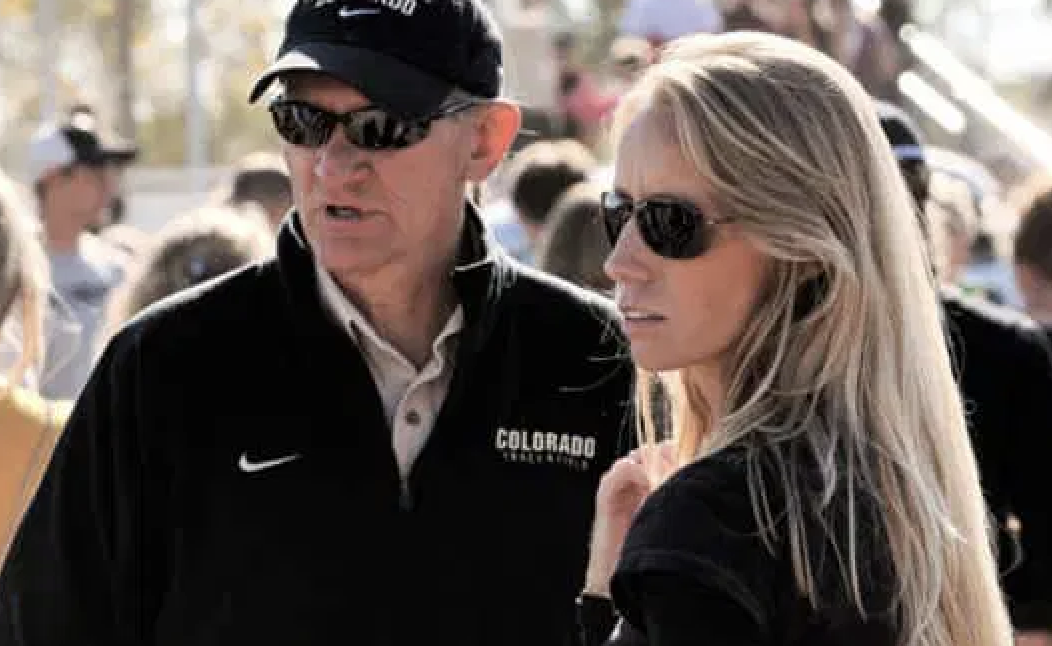University of Colorado coach Mark Wetmore has been the head coach at CU for 23 years. In that time CU has won seven national titles since 2000. His bio speaks for itself, Coach Wetmore is one of the top cross country coaches in America. The Colorado Coyotes are extremely grateful for Coach Wetmore to answer a few questions on youth running and what it takes to run at the next level.
You’ve been a head coach at CU for over twenty years now, how has your approach to coaching changed over the years?
I’d like to think that I have gained patience and further knowledge, though, at my present age, it is possible that I am losing patience and knowledge.
Tell us about how you recruit runners to CU? How many scholarships do you have to give out on the men’s and women’s side and in general how many of those scholarships that are given out are partial scholarships?
Well, that’s pretty complicated. Of course, we pay attention to high school performances, but grades matter a lot, and character. We also consider geography, injury history, the athlete’s racing schedule, the recommendations of coaches and guidance counselors. In the end, each recruitment is a unique case. Cross Country is allowed no scholarships in NCAA Div. 1. Distance runners all must come from the 12.6 allotted for Men and 18 for Women in Track and Field. Almost all Track teams work with various partial scholarships.
When recruiting athletes to CU, how difficult is it to predict which runners will improve the most? Are their specific things that you look for, be it mileage run in high school or their grit factor?
It is an imprecise science. We do our best but are nearly as often wrong as right about who will develop and who won’t.
What’s your take on high school cross country and track programs currently in the US? What are programs doing better and what do you think they can continue to do to improve?
I personally think high school athletes race too much, and/or have too little time between racing seasons. The growing availability of nation-wide competitions, and the willingness of the parents to fund those trip results in young athletes racing hard for many months on end. I avoid those athletes in recruiting.
There has been a huge shift in the last ten years with kids specializing in sports at an early age? What’s your take on youth specialization when it comes to running?
I am comfortable with young athletes “specializing” maybe after 9th grade. I strongly feel that young people, athletes or not, are encouraged to participate in too many activities. Do one or two activities, do great in school, and get nine hours of sleep!
I was listening to a podcast with Anson Dorrance, the legendary women’s soccer coach at North Carolina. One point he drove home was building a culture where his players compete for a greater purpose, that being the team. Cross country is a unique sport in that it’s a team sport but also an individual sport. What does CU do to help build that team environment, that you’re running for the Buffs?
I have great respect for Coach Dorrance, but we do it differently here. I never give any speeches about “team” or “character” or culture. Our work load is so high that the people of weak will and commitment are soon self-eliminated.
One of the biggest obstacles young runners face when running a lot of miles in high school and in college is avoiding injury. What does CU do to help prevent injuries in cross country?
Cross Country is one of the most injured sports in the NCAA, more so than Football. To compete at the NCAA Div. 1 level, one must work very hard, frankly, dangerously hard. We are all on the edge of overuse injury most of the time. So we stay in good shoes, eat smart, rest carefully, fix small injuries early (we hope). Here at C.U., we have world-class medical support and rehabilitation resources. But we still have injuries. None of our ten Olympians went through his/her career without injury. I would be happy for a reliable solution.
It’s been sixteen years since “Running with the Buffaloes” came out, what was your opinion of the book when it came out? When you talk with high school runners, or collegiate runners that you coach, have they read the book?
I have never read the book, but people who are in it, and have read it, seem to feel it was fair. These days, young runners say to me, “My Dad has this book…”
What advice would you give to middle school or high school runners that would like to run at the collegiate level?
Well…if no high school or middle school coach was listening? Be patient; keep it fun; under-race, do great in school, get nine hours of sleep.
Last question, you’ve been in this game a long time and accomplished so much. What keeps you motivated and what goals do you still have left to accomplish?
There is always something that keeps you hooked. Sometimes I fantasize about being a beach-comber in Hawaii, or becoming a lousy painter along the Seine in Paris. But then along comes a compelling athlete and I am stuck again. I have a number of those here right now, and some new ones committed for next fall, so no beach for a few more years it seems.

